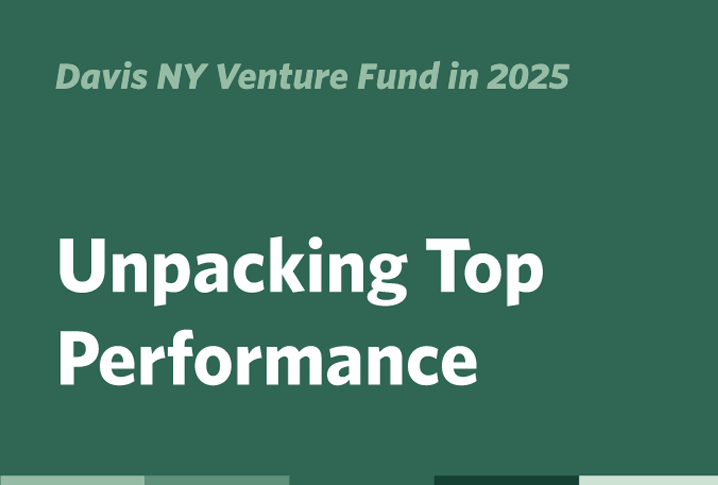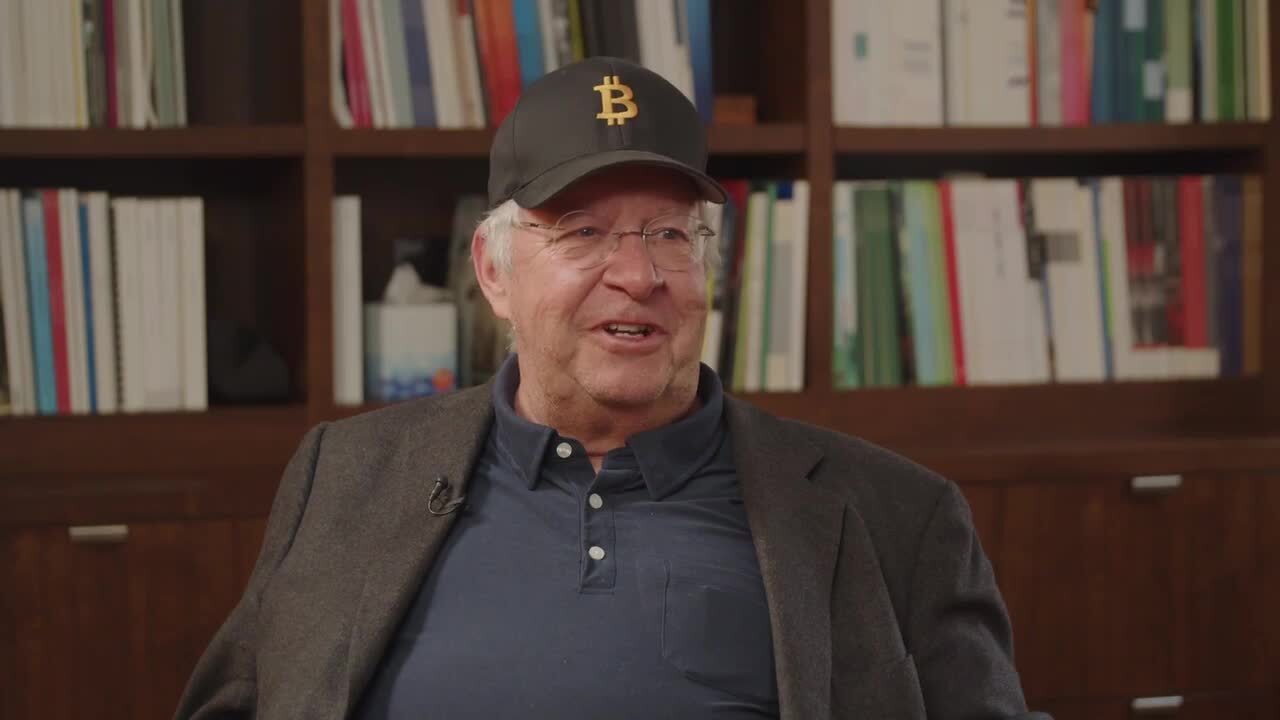PM Chris Davis on the deep insights he gained from Berkshire Hathaway’s Charlie Munger on successful investing, the importance of stewardship, and “living a life in a web of deserved trust”
Transcript
| Speaker | Timestamp | Statement |
|---|---|---|
| Chris Davis | You know, I met Charlie in the, I think it was early 1990s or the late 1980s. I was trying to sell a business that my grandfather had. It was a very technical securities lending business. And I thought Berkshire might be a good owner of this business and I managed to get this meeting with Charlie, and I pitched him hard on it. After about five minutes, he said we have no interest in this business, and he outlined immediately what the reasons and the flaws in the business were, and he was completely right. But he said, I'm curious how you decided Berkshire would be a potential buyer, and I outlined the nature of their capital, and their balance sheet, and their appreciated securities portfolio and so on. And we sat at that table for four hours, and what I like to say is that was the day I enrolled in the “Charlie Munger School of Worldly Wisdom”, because I learned so much more than I expected about business and about life. And in the years ahead, he said he would always make time if I was in Los Angeles to visit with him. And so I made it a regular part of my routine to go out and, in a sense, sit at his feet and learn. And one of the things he was really struck by and reinforced in me was this idea of what it is to be a trustee? What it is to be entrusted with somebody's savings? And in early days of all the growth and hedge funds, there was all this talk about, well, why are we in the business of managing money for people that live on Main Street when we could run hedge funds for endowments and billionaires? And Charlie said it, it's a real duty to be entrusted with somebody's life savings, and it's a field where to dedicate yourself to that alone may distinguish you. Because he said you're in a field where a lot of people get taken advantage of. And so he crafted a series of rules that remain at the bedrock of our firm, the most important of which was alignment. This idea that your incentives should be aligned with your clients. He said so many firms, well, all they want to do is get bigger. And he said, but if you're a large investor in your own funds, if you invest your money alongside your clients, you're going to do better by 10% better performance than 10% more assets under management. So it's always been a profound part of our culture to have our money, our partners, our families and our Directors invested alongside our clients. The second thing is he said is, try to have a Board of Directors that is made up of people that you admire, because those people are the face of your clients – and keeping people in front of you that you don't want to disappoint will always make you behave better. And the third and maybe the most important one was he said, you want to live your life in a web of deserved trust, a web of deserved trust. He said that the nature of trust of behaving in a certain way, it makes other people better as well. In other words, how you treat people makes them, somebody who said, give somebody a reputation to live up to. So this nature of trying to develop a web of deserved trust both with our clients and also with their advisors: not to promote to them, to provide them the information we would want if our seats were reversed. And those have been bedrock principles of our firm since. In thinking about life as an investor, there were three powerful lessons that Charlie just pounded in over and over: The most important one was patience. He talked about how difficult it is to do nothing, just as he would say, “sit on your ass”. And he said, it's often not that making a good decision is rare and valuable, but then sticking with it, not getting shaken out, letting it unfold over a very long period of time. So Charlie was very comfortable doing nothing for long periods of time, and often in the investment industry, professionals are uncomfortable with that, because it looks like they're doing nothing. But Charlie and I used to admire the man who built the Suez Canal, the architect named Ferdinand de Lesseps. And he had a quote that Charlie and I both liked that that Patience sometimes requires more strength of character than does action. And for investors, patience is sort of the fundamental pillar. The second was constant learning. And a subset of constant learning is “unlearning”’ things over time. In other words, the more something has worked, the more you believe it – and often in the nature of investing, the harder it becomes to change your mind. And yet, facts and circumstances change over time. And you have to be not just good at bringing in new ideas, you have to be good at discarding old ideas that no longer work. So that process of constant learning was the second pillar. And the third, which is sometimes the hardest, was constant self-criticism. In other words, it was the humility to constantly be asking yourself, What if I'm wrong? What do I really know? What is really my edge in this? What do I understand that others don't? And again, that's not a skill set that comes easily – constant self-criticism – because of course, it can lead to things like self-doubt and self-loathing. So there's a fine line between conviction and self-criticism. And that line Charlie believed was absolutely essential for success over time as an investor. And I think I want to end with an idea that’s sort of emotional because I actually have a bust of Charlie in my office behind my desk. And it was something that I learned from him because in his office he had a bust of Ben Franklin. And I said, why do you have that? He said, I like to have somebody I admire so greatly looking over my shoulder. And so when Charlie died, I was reminded of a wonderful quote from Seneca, who was a stoic philosopher that Charlie admired greatly. And Seneca said, Great is the man that can make you better not just when he is with you, but when he is in your thoughts. And I think that as we look to a world that's poorer for the absence of Charlie, I think we're blessed with the fact that his wisdom is timeless and I've never yet met a person whose life wouldn't go better from reading, studying, and imitating the practical, worldly wisdom of Charlie Munger. So thank you. |
Related Videos
Davis NY Venture Fund Strong Results in 2025
PM Chris Davis takes a closer look at what helped the Davis NY Venture Fund deliver strong results in 2025
Stewardship, Patience and Going Against the Crowd (3:59)
Chris Davis and Bill Miller reflect on 40 years of friendship and how temperament has impacted their respective investment styles


